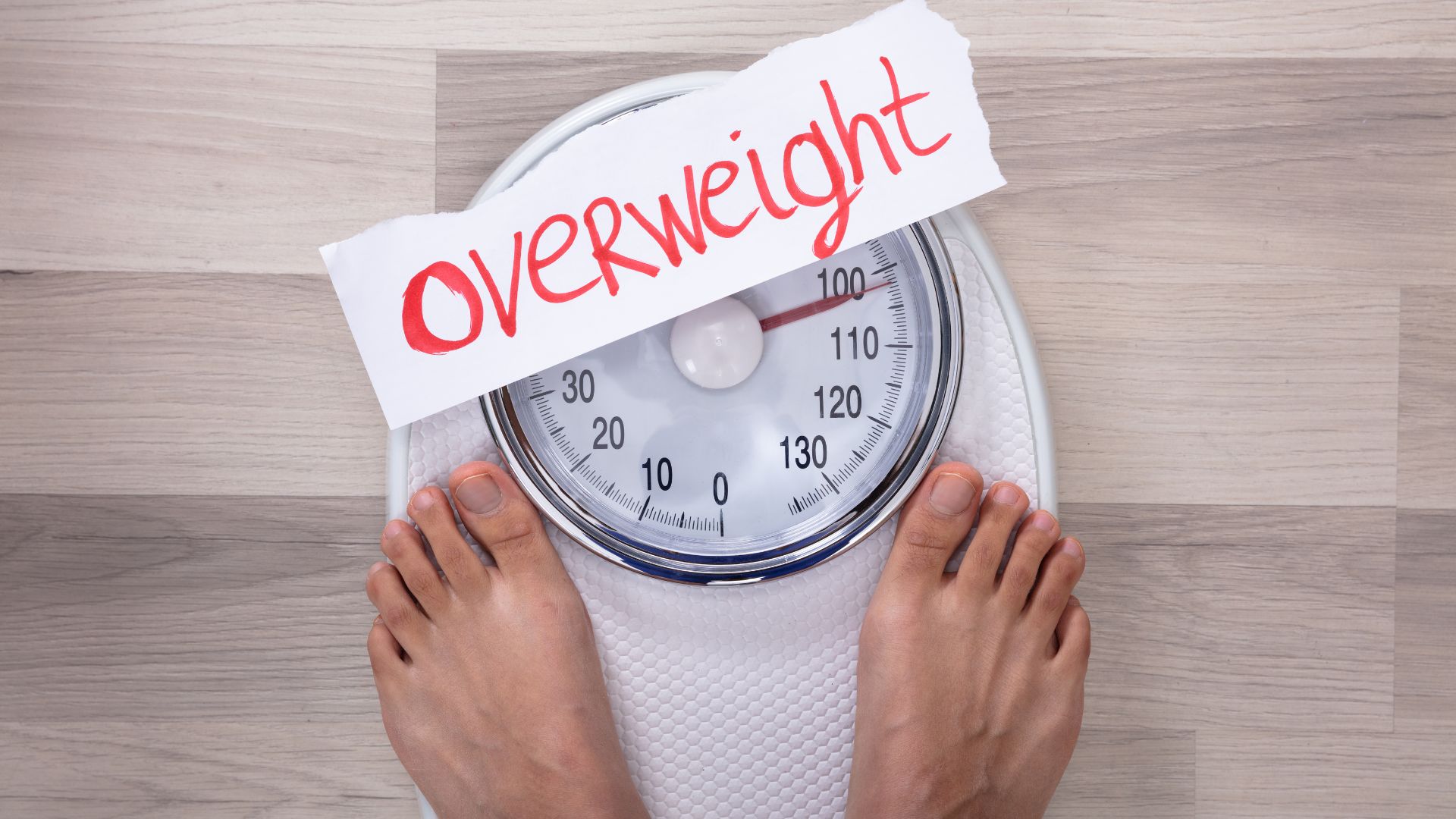Living in a world where fast food beckons at every corner and Netflix marathons tempt us to stay glued to our couches, maintaining a healthy weight has become increasingly challenging. As someone passionate about health education, I want to share some crucial insights about the risks associated with carrying excess weight – not to shame or frighten, but to empower and inform.
Physical Health Impacts You Might Not Know About
When we talk about being overweight, it’s not just about fitting into certain clothes or society’s beauty standards. The effects run far deeper. Your joints bear extra pressure with every step you take – imagine carrying a 50-pound backpack everywhere you go. This constant strain can lead to premature wear and tear on your knees and hips, making simple activities like climbing stairs increasingly painful.
But here’s something that surprised me during my research: excess weight affects your body in ways you can’t see. Your organs work overtime, like an engine constantly running in high gear. Your heart pumps harder, your liver processes more, and your pancreas struggles to maintain proper insulin levels.
The Silent Mental Health Connection
What often gets overlooked is the psychological impact. Depression and anxiety can become unwanted companions, creating a challenging cycle where emotional eating leads to weight gain, which then affects self-esteem, leading to more emotional eating. I’ve seen friends struggle with this invisible battle, feeling trapped in a loop they can’t seem to break.
Social and Professional Implications
Let’s talk about something rarely discussed – the professional impact. Studies suggest that weight bias in the workplace is real, affecting everything from hiring decisions to promotion opportunities. While this discrimination is completely unfair, acknowledging its existence helps us address it head-on.
The Financial Burden You Didn’t Expect
Healthcare costs for treating weight-related conditions can be staggering. From specialized medical equipment to higher insurance premiums, being overweight often comes with hidden expenses that add up over time.
Taking Action: Where Do We Go From Here?
The good news? Many of these risks are reversible. Small, sustainable changes often yield better results than drastic measures. Start with walking for just 15 minutes daily, swap one processed snack for a fruit, or try drinking water instead of sugary beverages.
Remember, this isn’t about achieving a “perfect” body – it’s about feeling energetic, reducing health risks, and improving your quality of life. Every small step counts, and it’s never too late to start making positive changes.
The Bottom Line
Being overweight impacts more than just physical appearance – it affects your health, wallet, career opportunities, and emotional well-being. But understanding these risks empowers us to make informed decisions about our health. Whether you’re concerned about your weight or supporting someone who is, remember that sustainable change comes from a place of self-care, not self-criticism.
Have you noticed any of these impacts in your life or the lives of those around you? What small changes could you start making today?



